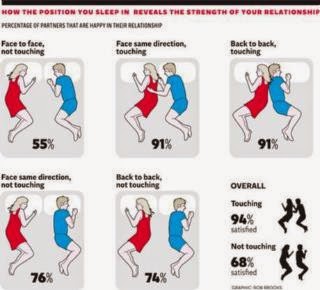Asthma can affect your chances of pregnancy – Here’s how

|
Getting your Trinity Audio player ready...
|
New Delhi: Associating asthma with infertility, a new study has warned that certain medications prescribed for asthma, especially the quick-acting relievers, may affect women’s ability to conceive.
Researchers studied more than 5,600 women and noted that asthma patients who only used the short-acting asthma relievers took longer to become pregnant than other women.
However, those who use long-acting asthma preventers conceive as quickly as other women.
While the short-acting asthma relievers provide quick relief of symptoms, long-acting asthma preventers are used to control the condition instead of getting quick relief.
“This study shows that women using short-acting asthma relievers take longer to get pregnant,” said lead researcher Luke Grzeskowiak from the University of Adelaide in Australia.
“On the other hand, continued use of long-acting asthma preventers to control asthma seems to protect fertility and reduce the time it takes women with asthma to become pregnant. This could lead to a reduction in the need for fertility treatments,” Grzeskowiak said.
The results provide reassurance for asthmatic women that using inhaled corticosteroids to prevent symptoms does not appear to reduce fertility, he said.
The researchers examined the data of women expecting their first babies in the early stages of pregnancy.
The participants were from Australia, New Zealand, Britain and Ireland.
The researchers found no difference in fertility between women using long-acting asthma treatments and women without asthma.
Women using short-acting reliever medication (known as beta-agonists) took 20 percent longer to conceive on average.
They were also 30 percent more likely to have taken more than a year to conceive.
“As well as affecting the lungs, asthma could cause inflammation elsewhere in the body, including the uterus. It could also affect the health of eggs in the ovaries,” Grzeskowiak said.
“Inhaled corticosteroids suppress the immune system, whereas short-acting asthma treatments do not alter immune function. In women who are only using relievers it’s possible that while their asthma symptoms may improve inflammation may still be present in the lungs and other organs in the body,” he added.





